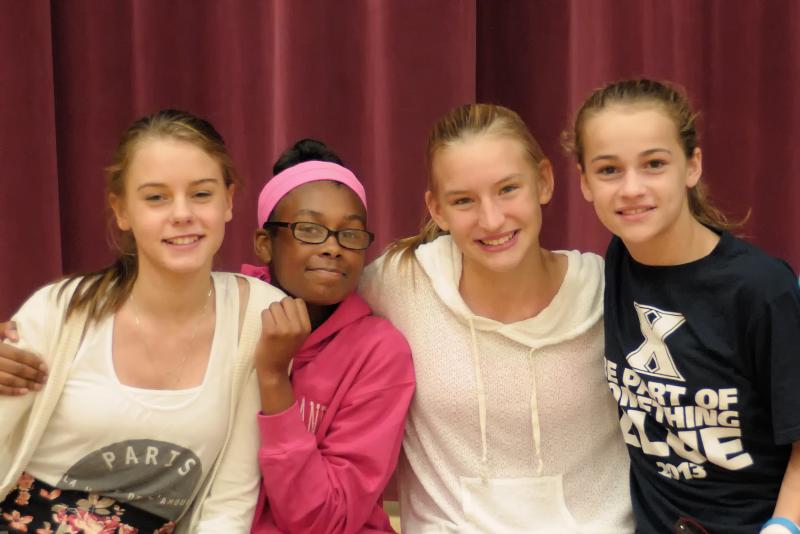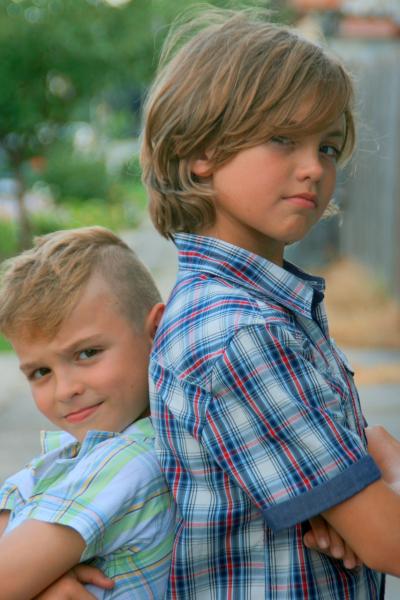
Seeing Is Believing!
September 23, 2015
Brothers and Sisters: Competition for Your Attention
October 14, 2015
Sibling relationships in the best situation range from best friends to worst enemies, but when one or more children have a diagnosed disability, special considerations may be in order to understand the sibling’s perspective.
Dr. Sheldon Horowitz, Director of LD Resources & Essential Information at the National Center for Learning Disabilities, and contributing author to NCLD, offers an interesting perspective to “understand some of the emotions that need to be appreciated, understood and addressed by parents and other adults in order to help siblings cope with feelings of anger, jealousy, worry, guilt, and embarrassment that comprise their personal ‘baggage’ as siblings and family members.” Horowitz uses Maslow’s hierarchy of emotional needs as a lens, and includes examples of sibling reactions at each stage.
Physiology (having to do with comfort and the physical body) “How come he gets more hugs than I do? And for things that are expected of everyone, like finishing homework!”
Safety (dealing with the need to be protected from harm) “Why can’t he make his own sandwich? He just needs to be careful with the bread knife.” “What’s the big deal about him riding his bike to school?”
Belongingness and love (feeling attachment to others) “It seems like she’s always the first one to get attention." “I’m always doing things for her; when was the last time she did something for me?”
Esteem (having your thoughts and actions valued by others) “If you ask me, I’d tell you that you need to back off a little; you’re doing things for him that he should be doing for himself.” “What about my report card? Pretty good, huh?”
Knowledge and understanding (seeking information) “When will her LD go away?” “Is she ever going to be able to do her work on her own?”
Aesthetic (deriving pleasure and triggering emotion) “He’s got a great laugh, even though his sense of humor is weird.” “I wish I knew how to really help him when he’s feeling down on himself.”
Self-actualization (having “peak experiences” that provide self-fulfillment) “I know we’re very different, but we’ll always be there to support each other.” “They said he couldn’t learn how to play guitar, and I taught him!

Transcendence (connecting to something beyond yourself to help others) “Everyone deserves to be appreciated for who they are and not just what they can do.” “I know how important it is to spend time with him and his friends; they really look up to me and know that I will treat them with respect (even though they can be annoying and immature at times)."
Take a moment to evaluate the sibling dynamic in your family. Take into consideration the ages of your children, parental expectations of each child, and observe relationships between members. In my next post, I will discuss how siblings often feel and some possible solutions to these family issues. Focusing on the sibling perspective, can inform parents how to better support each child for their differing needs.
Blogger Barbara Hunter, MEd, shares her expertise in the use of technology to support learning. If you have questions, please contact Barbara at .



